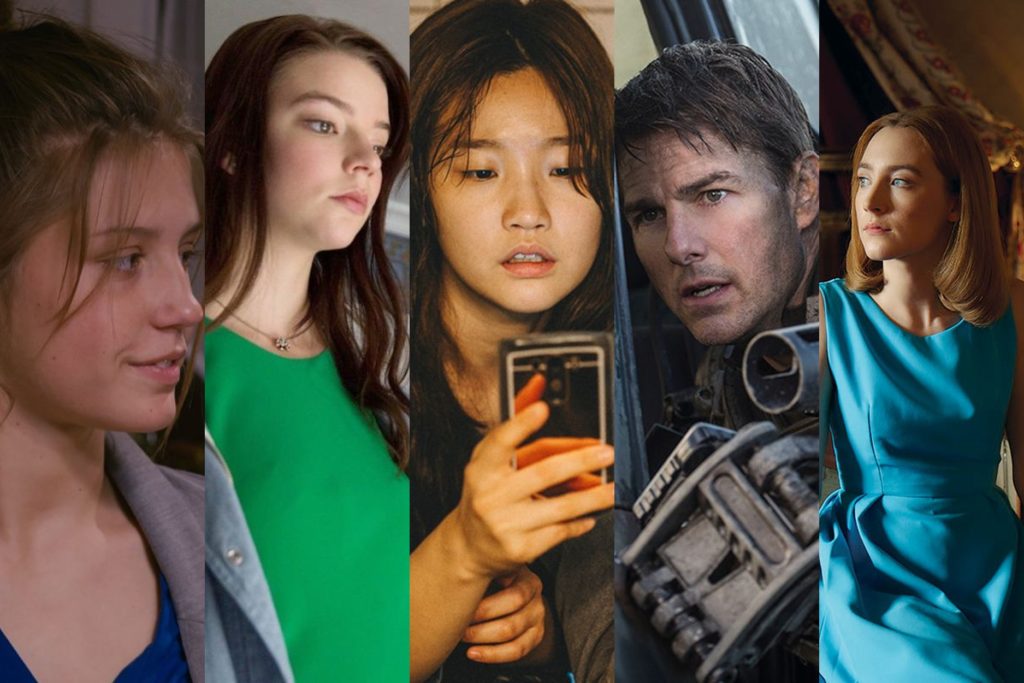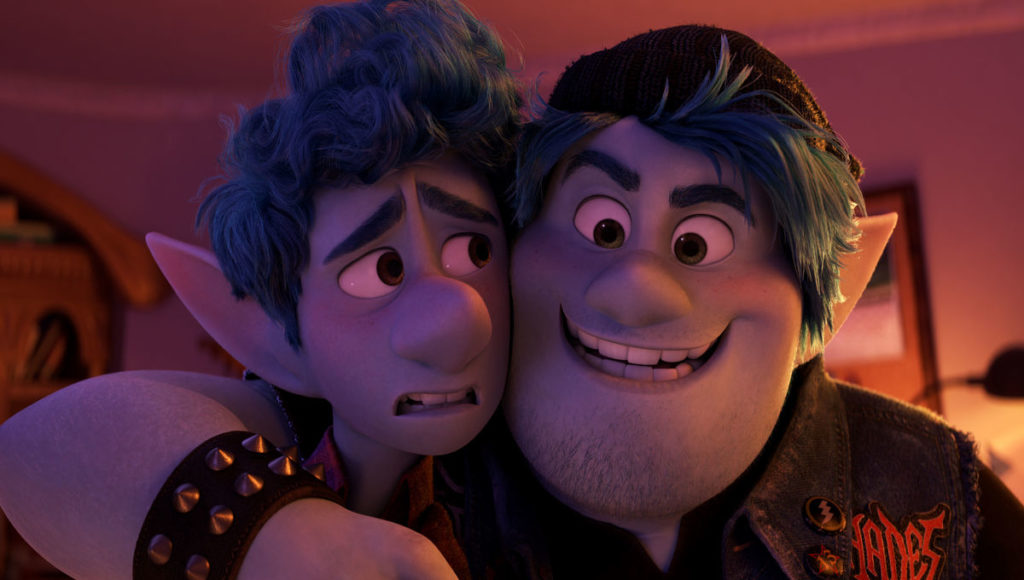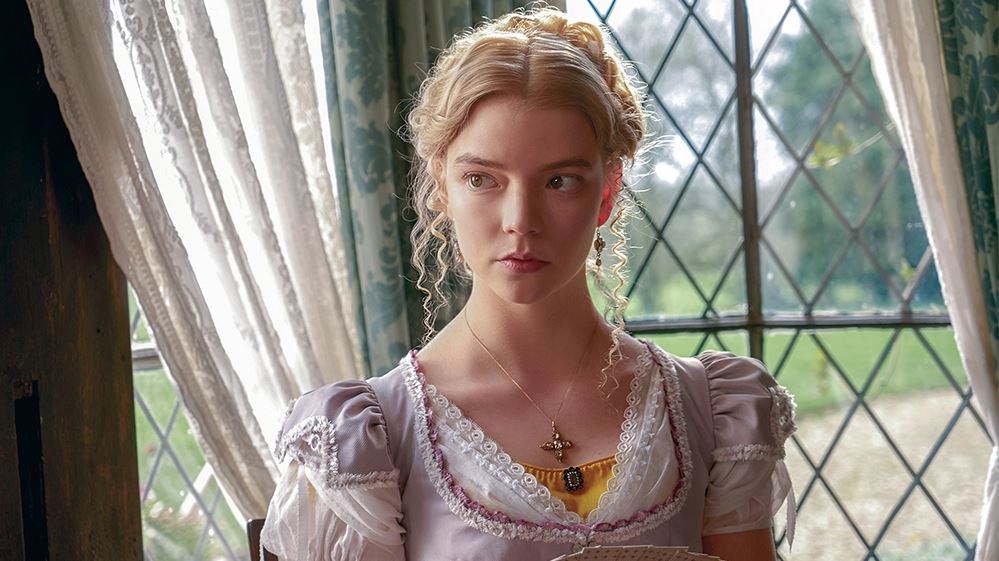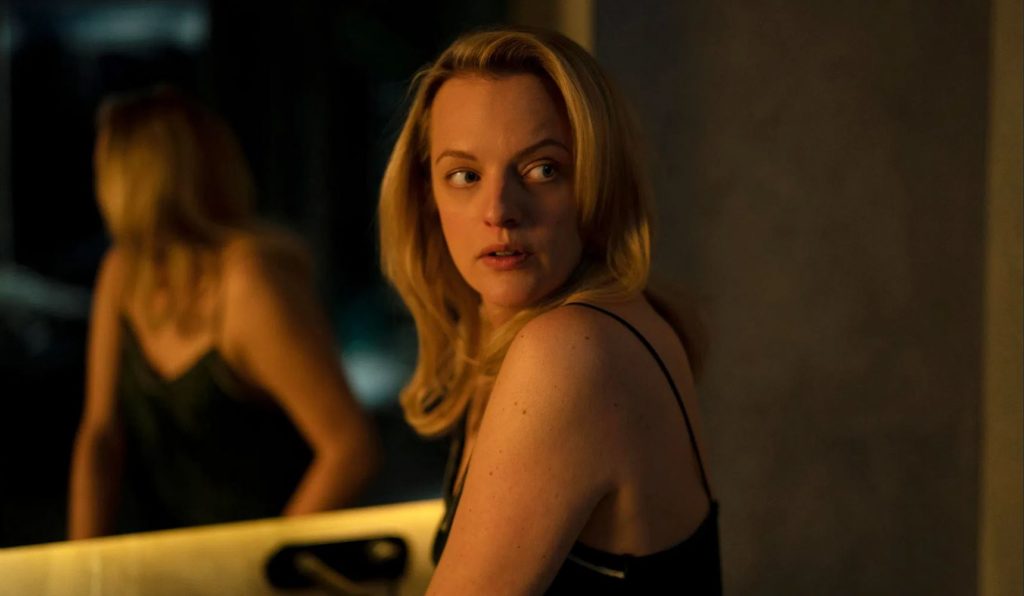The 20 Best Movies of the 2010s: Part II
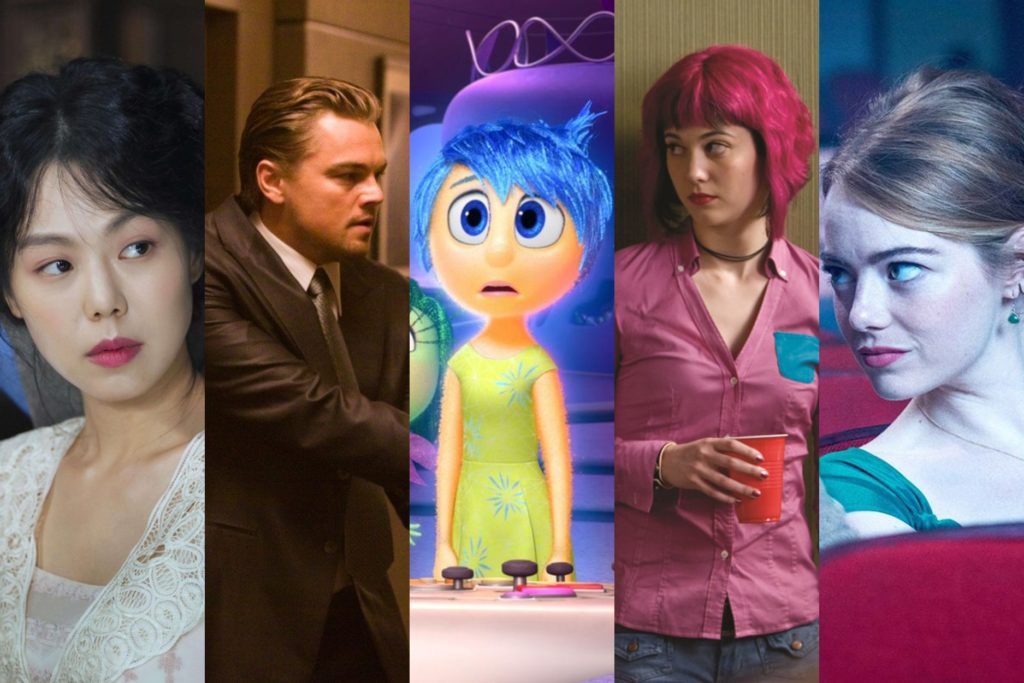
We’re counting down our picks for the best movies of the 2010s. If you missed #s 11-20—along with our discussion of the decade at large, and of which films just missed the cut—you can check them out here. Also, please remember that 20 is a very small number, so if your favorite film of the decade doesn’t appear on my list, rest assured that it’s nothing personal. Except where it is.
On to the top 10.
10. The Lobster (2016). From the opening scene of Dogtooth, which found three nameless adult children listening to cassette tapes on which their father intoned inaccurate definitions of basic words, Yorgos Lanthimos put his indelibly weird stamp on the decade. Years later, the Greek auteur uncorked two more stunners—I liked The Killing of a Sacred Deer and The Favourite even more than Dogtooth—but it’s The Lobster that’s most stuck with me. Lanthimos’ usual tics are on full display—the heavily mannered dialogue, the formal rigor, the absurdist deadpan—but while the movie bristles with strangeness and creativity, it’s also oddly elegiac. A romance where people only pretend to be in love—as well as a comedy where nobody laughs, and a dystopian thriller where the jackbooted thugs always say “please”—The Lobster is distressingly frank about the challenge of finding happiness in the modern world. Yet it’s genuinely heartfelt too, treating its beleaguered characters (led by Colin Farrell, in the performance of his career) with sincerity and respect. It’s a decidedly original work—its bizarre vision could only spring from a mind as twisted as Lanthimos’—but the yearning that it articulates is universal. (Full review here; streaming on Netflix.) Read More

